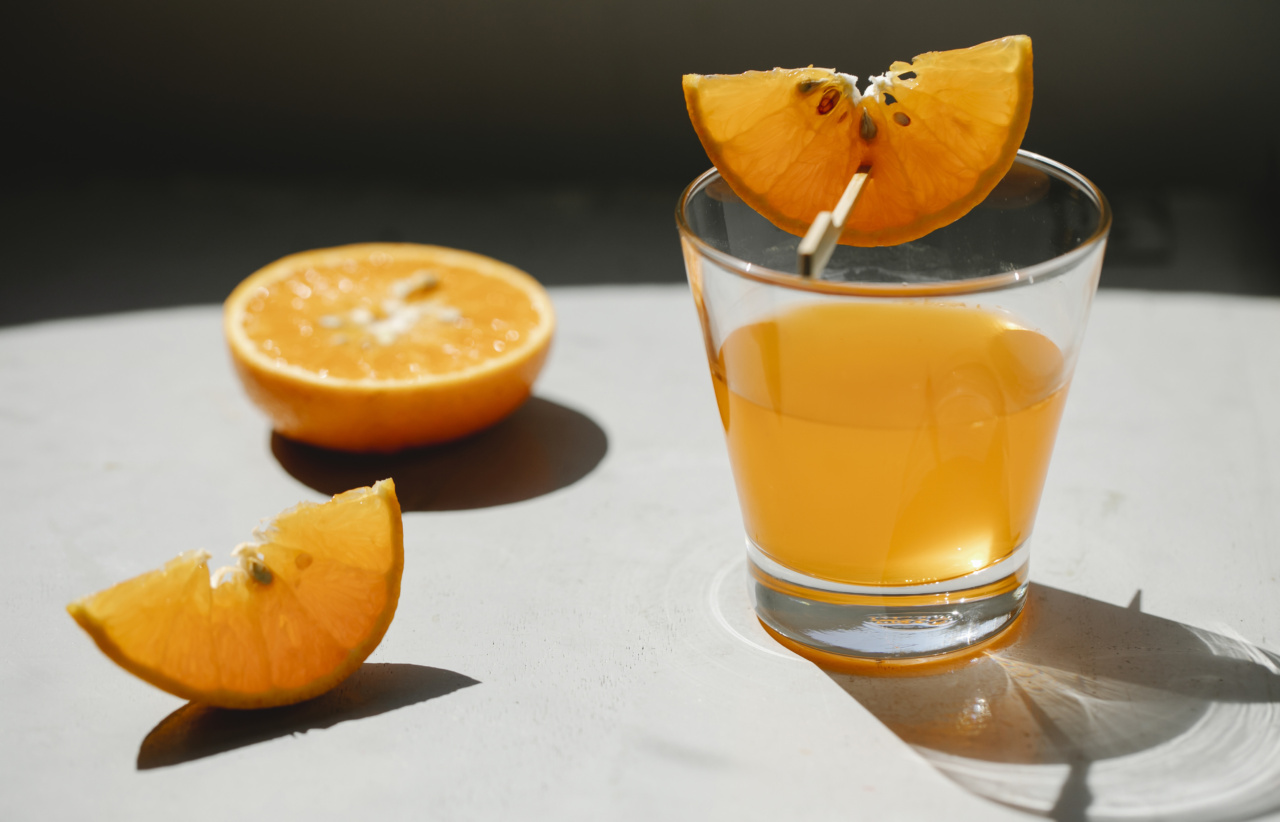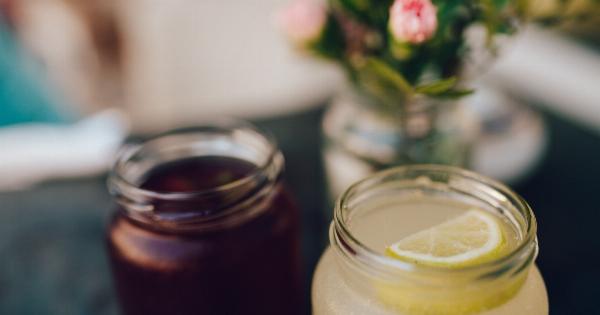Diabetes is a serious condition that affects millions of people around the world. It is a chronic disease that occurs due to the body’s inability to properly process sugar. There are two types of diabetes – type 1 and type 2.
Type 1 diabetes is usually diagnosed in children and young adults, while type 2 diabetes is more common in adults.
While genetics play a role, lifestyle factors such as diet, exercise, and maintaining a healthy weight can greatly reduce the risk of developing type 2 diabetes.
In this article, we will discuss two drinks that have been shown to cut the risk of developing diabetes.
Green Tea
Green tea is one of the healthiest drinks on the planet. It is loaded with antioxidants and nutrients that are beneficial for overall health. It has been found that green tea can help reduce the risk of developing type 2 diabetes.
A study published in the Annals of Internal Medicine found that people who consumed at least six cups of green tea per day had a 33% lower risk of developing type 2 diabetes compared to those who drank less than one cup per week.
Green tea contains compounds called polyphenols, which have been shown to improve glucose control and increase insulin sensitivity. These compounds help the body process sugar more efficiently, reducing the risk of developing diabetes.
In addition to reducing the risk of developing diabetes, green tea has also been found to have other health benefits. Studies have shown that it can help lower blood pressure, improve brain function, and reduce the risk of cardiovascular disease.
Coffee
Coffee is another popular beverage that has been found to reduce the risk of developing type 2 diabetes. It is one of the most widely consumed beverages in the world, with billions of cups consumed every day.
A study published in the American Diabetes Association found that drinking coffee regularly was associated with a lower risk of developing type 2 diabetes.
The study found that people who drank six or more cups of coffee per day had a 33% lower risk of developing diabetes compared to those who drank less than one cup per week.
The exact mechanism behind coffee’s ability to reduce the risk of diabetes is not yet known. However, it is believed to be due to its high levels of antioxidants and other bioactive compounds.
These compounds help the body process sugar more efficiently, reducing the risk of developing diabetes.
It is important to note that adding sugar and cream to coffee can negate its health benefits. For best results, coffee should be consumed black or with a small amount of milk or cream.
Conclusion
Diabetes is a serious condition that affects millions of people around the world. While genetics play a role, lifestyle factors such as diet, exercise, and maintaining a healthy weight can greatly reduce the risk of developing type 2 diabetes.
Green tea and coffee are two drinks that have been shown to reduce the risk of diabetes. These beverages contain compounds that help the body process sugar more efficiently, reducing the risk of developing diabetes.
Adding green tea and coffee to your daily diet is a simple way to reduce your risk of developing type 2 diabetes and improve your overall health.
However, it is important to note that these drinks are not a replacement for a healthy diet and regular exercise. A balanced diet that includes a variety of fruits, vegetables, whole grains, lean proteins, and healthy fats, along with regular physical activity, is the key to maintaining good health and reducing the risk of chronic diseases such as diabetes.






























